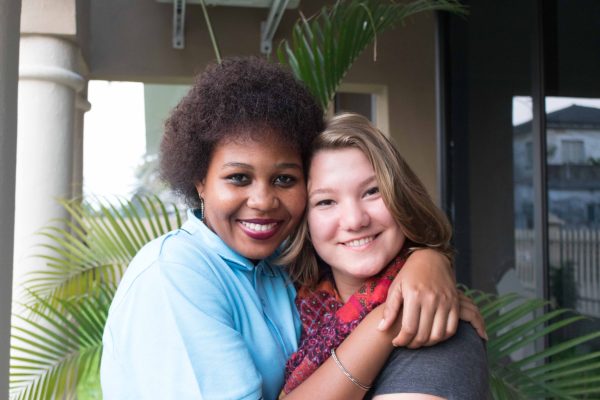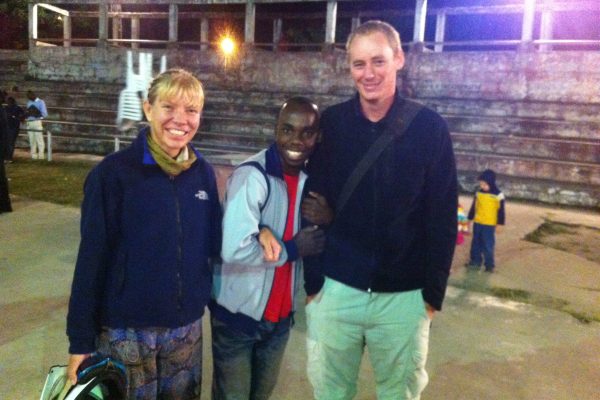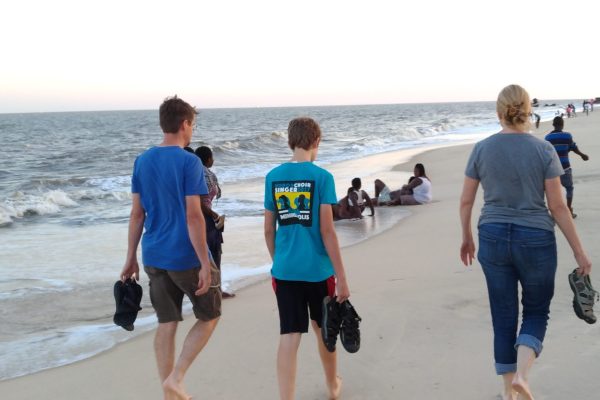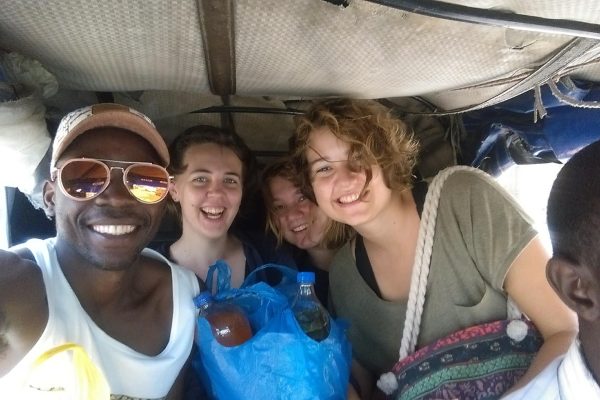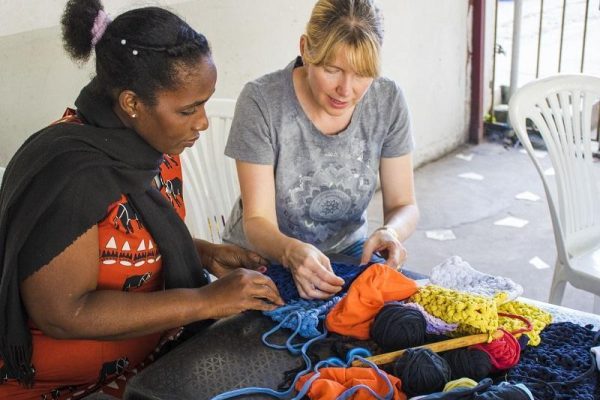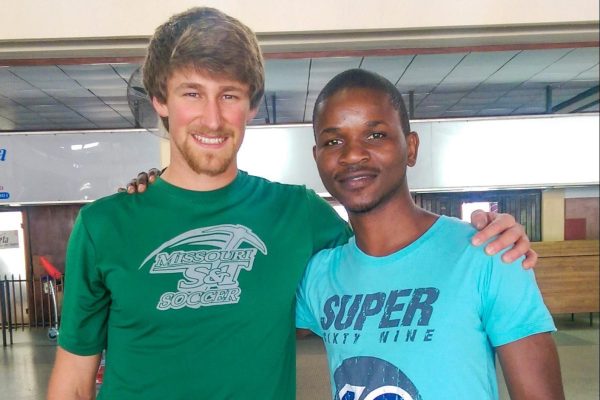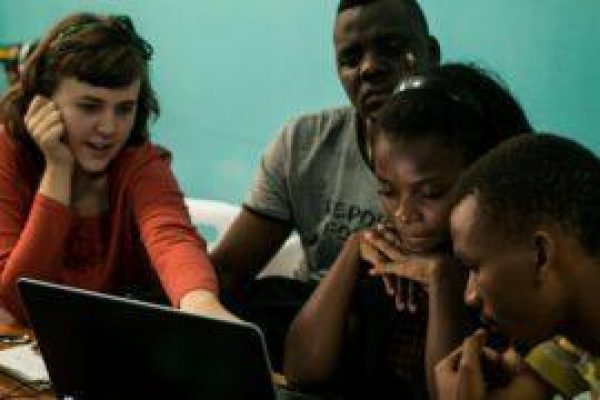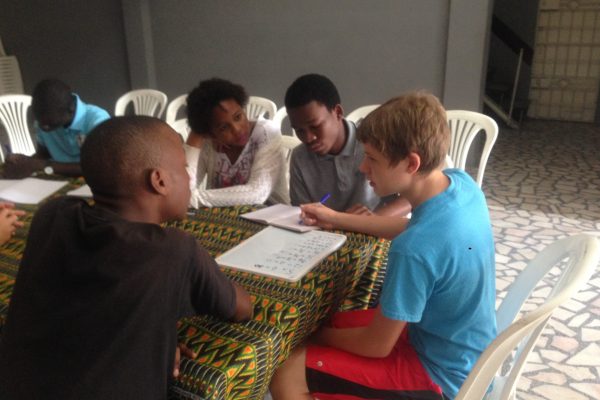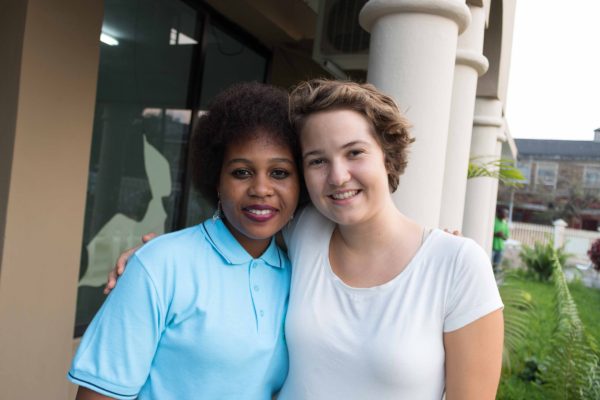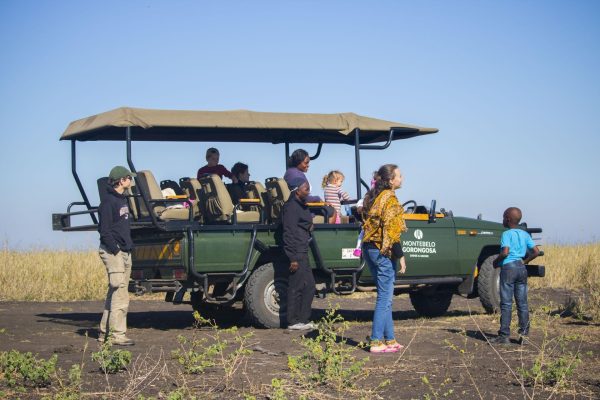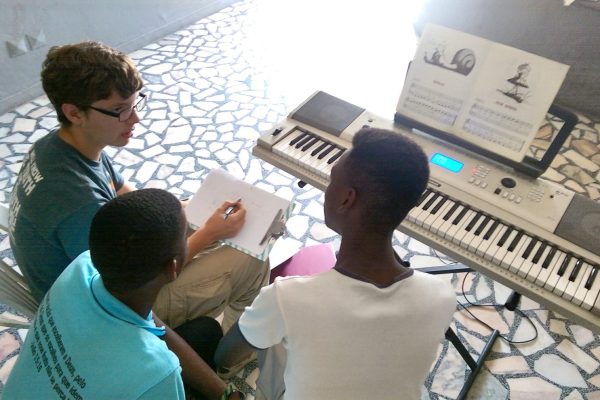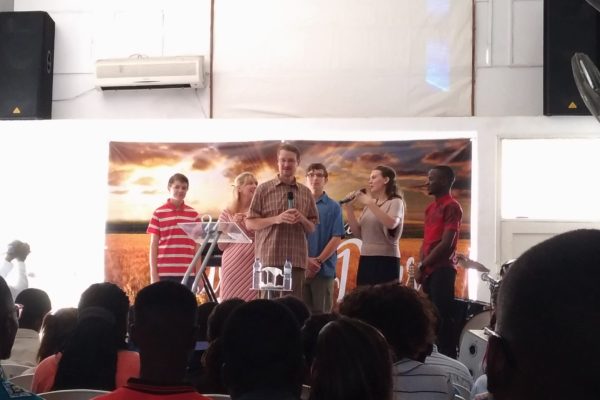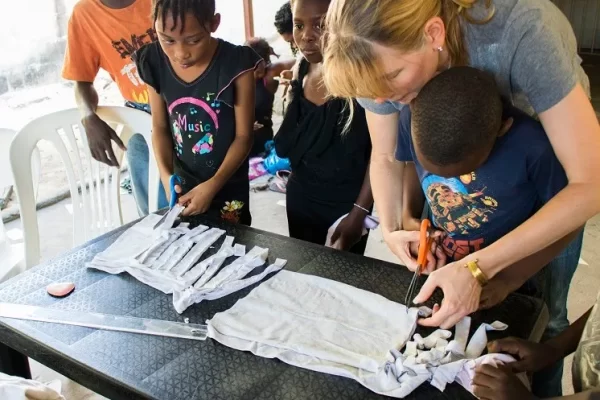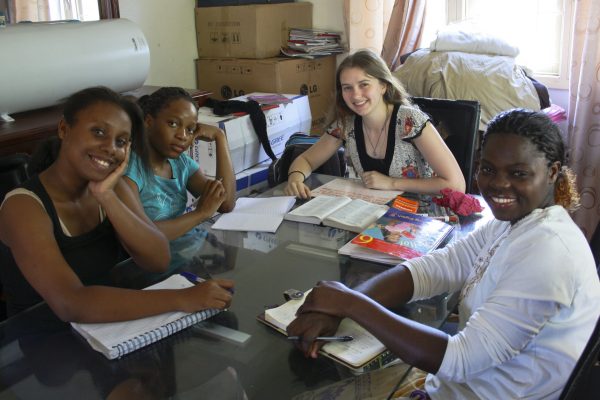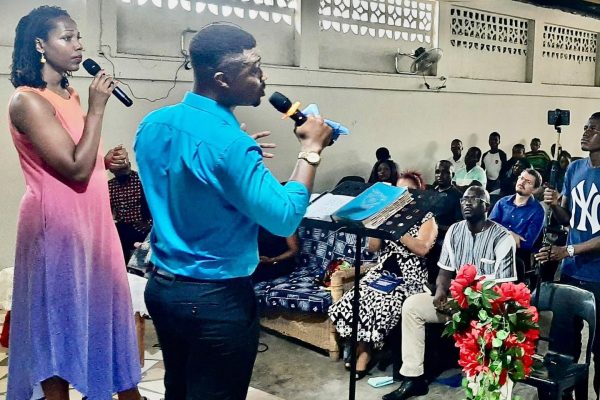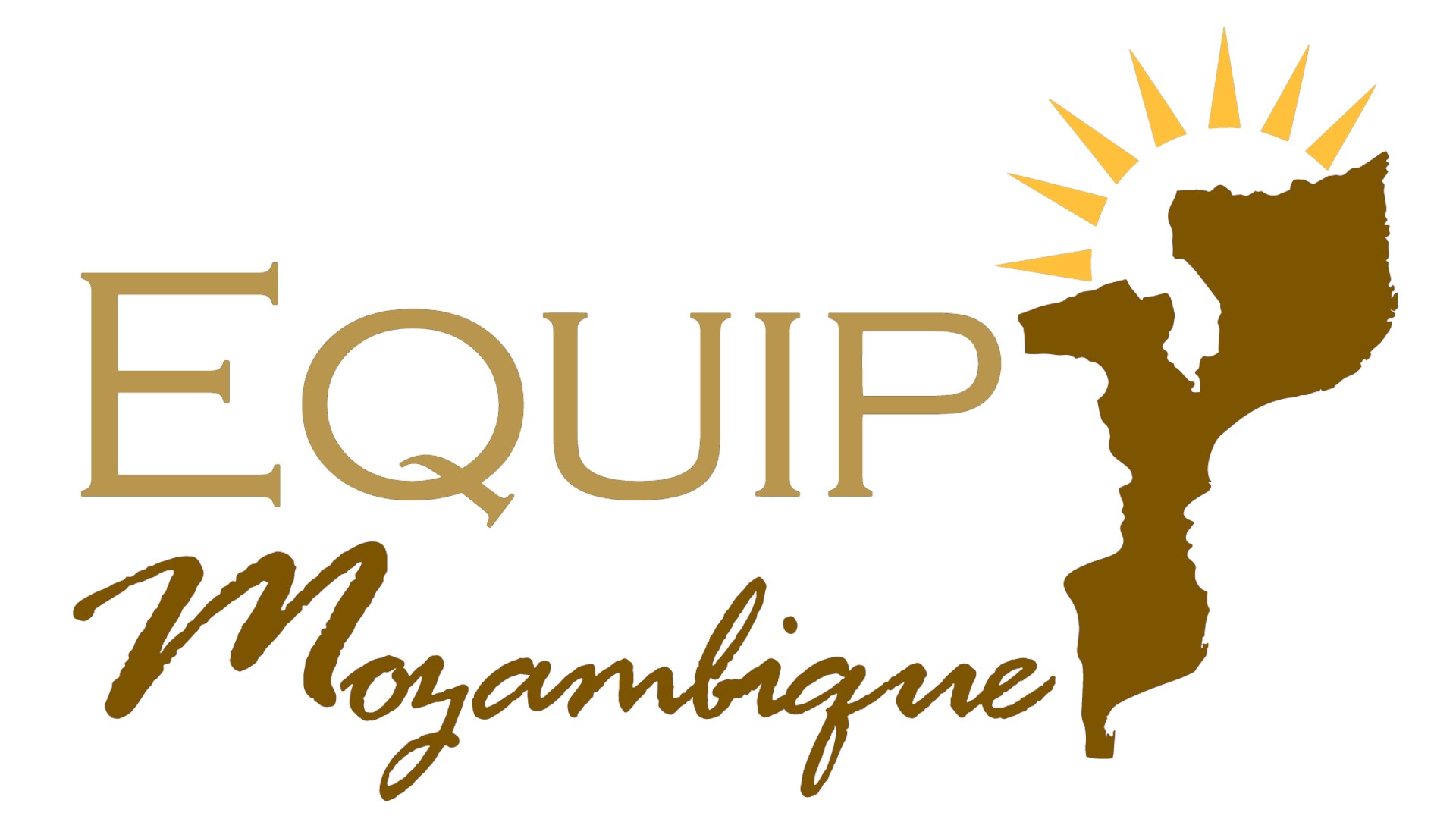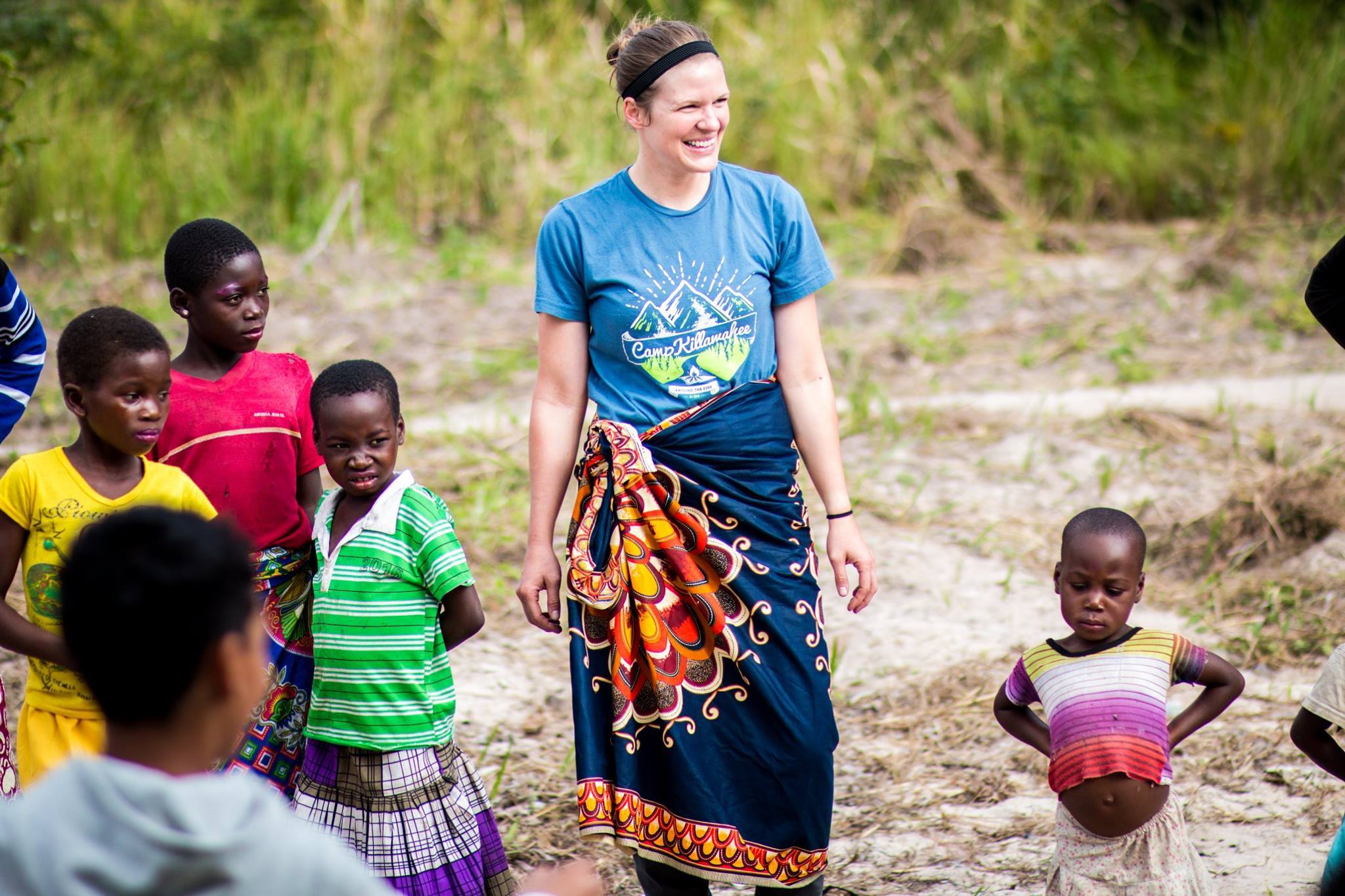
"Therefore,
go and make disciples
of all the nations,
baptizing them
in the name of the
Father and the Son
and the Holy Spirit.
Teach these new disciples
to obey all the commands
I have given you."
Matthew 28:19-20

Come See for Yourself
join the adventure
If you are touched by the vision of lasting transformation and want to be part of what we do, please reach out to us and let us know if you want to come see it for yourself!
Visiting Mozambique can be a life-changing experience. You can have your perspective broadened, build lasting friendships, and leave a mark through your service here.
Some visitors come with a specific project to offer, others come making themselves available to serve in capacities consistent with our mission. Either way, seeing the Kingdom through new eyes and contributing to its expansion can deepen your walk with God and wreck you for the ordinary. If you want to find out more about the logistics of visiting Equip Mozambique, read our Frequently Asked Questions below.

Frequently Asked Questions
what you need to know
Getting to Mozambique
- How do I get there?
- You’ll need to fly into the Beira airport (code BEW), which is only about 15 minutes from our house. When pricing tickets, you may want to look at booking your round-trip to Maputo or Johannesburg, then purchasing a separate ticket to get to Beira, which can be cheaper in the long-run but you’d have to pick up and re-check your luggage. We do not recommend trying to get here by bus. Ethiopian Airlines has direct flights to Beira, and Qatar Airways is a good choice for getting to Maputo.
- Do I need a visa?
- As of October 2023, the following countries were declared exempt from needing a visa to Mozambique: USA, UK, Canada, United Arab Emirates, Israel, Russia, Japan, Saudi Arabia, Belgium, Sweden, Switzerland, Spain, Denmark, Norway, Netherlands, Korea, Finland, Indonesia, Ireland, Singapore, Ghana, Senegal, Germany, France, Italy, Portugal, and Ukraine.
- If you are from one of these countries, you do NOT need a visa so you can just show up at the airport or land border and pay about $11USD for a stamp in your passport.
- However, you DO need to present proof of a hotel reservation. If you are planning to stay at a hotel, we can help arrange this. If you want to stay with us, we will help you know how to apply.
- If you are NOT from one of the countries listed above, you will need to apply for your visa online via this website: https://evisa.gov.mz/.
- Also, make sure your passport has at least 6 months of validity remaining AFTER the end of your trip before it expires.
- As of October 2023, the following countries were declared exempt from needing a visa to Mozambique: USA, UK, Canada, United Arab Emirates, Israel, Russia, Japan, Saudi Arabia, Belgium, Sweden, Switzerland, Spain, Denmark, Norway, Netherlands, Korea, Finland, Indonesia, Ireland, Singapore, Ghana, Senegal, Germany, France, Italy, Portugal, and Ukraine.
- How much can I expect the trip to cost?
- That will depend on where you’re coming from, but to get from an international hub like Chicago or New York to Beira is usually around $1,700 round trip. Travel agents can sometimes find slightly better deals, and can book you from your nearest airport. Besides that, it would be good to budget about $100/week for other incidentals if you are staying with us or $700/week if you are at a hotel or guest house.
- Will I need traveler’s health insurance?
- It is recommended. You are free to do your own research on this but we recommend the insurance company Seven Corners.
- What are the luggage restrictions?
- That will depend on the airline and the route that you take. Most airlines are pretty strict about their weight limits and some charge outrageous overage fees, so pay close attention and weigh your bags before you go to the airport.
- Should I carry ID on me at all times?
- Yes, please carry NOTARIZED copies of your passport and visa with you at all times, both when traveling and the whole time you are with us in Mozambique. It’s very important that you have a notary stamp on the copies or they won’t be accepted as legitimate. It is better not to carry your real passport around to avoid losing it.
What to Expect
- What language is spoken in Mozambique?
- The official language of Mozambique is Portuguese, and there are over 40 tribal languages throughout the country as well. We will try to provide an interpreter for you as needed; however, if you make an effort to learn even a little Portuguese, most of the people here will go out of their way to help you communicate. Asking for help with your language skills can be a great way to build friendships, and many people will be eager to learn English from you as well.
- What kind of accommodations are available?
- We have a small, simple guest house behind our home that has its own bathroom and mini kitchenette, and visitors are welcome to stay there. We can accommodate individuals, couples, or small families or groups, but large teams will probably have to stay with our friends or at a nearby guesthouse. Unless we tell you otherwise, we will make sure to provide beds, bedding and mosquito nets for your use.
- What sort of transportation is available?
- We have a minivan and a car that we use for most of our transport, but Beira also has buses, chappas (16-seater vans), and chopellas (3-seater covered scooters) that are inexpensive and can get you just about anywhere you need to go. Using the public transportation is a great way to get into the culture and we can show you how to navigate around town.
- What is the weather generally like?
- Since we are in the Southern Hemisphere, our seasons are reversed for our Northern visitors. Summer is from about October through April, and winter is May through September. Summertime is often rainy (especially November through February) and VERY HOT. Days are often over 100 F (37 C), and even at night sometimes it does not cool much below 80 F (26 C). In the wintertime it is usually dry and you can expect pleasant daytime temps around 70 F and nights that get down to 40-50 F, so if you are coming June-August make sure you bring some warmer clothes, particularly for evenings and bed.
- What is the food like?
- Mozambicans eat a lot of rice and xima (coarsely ground corn that cooks up to about the consistency of stiff American grits). They usually top these with beans, meat, fish, or greens in some sort of sauce. We generally eat Mozambican lunch with our team and cook dinner for ourselves at home. If there are any American “comfort foods” that you cannot do without, feel free to bring them. There are a wide variety of restaurants here, so eating out will also be an option.
- What are my internet/cell phone options?
- You can bring an UNLOCKED GSM cell phone and buy a Mozambican SIM card. The cell phone system is ‘prepaid’, so you buy airtime and then make calls or send texts here locally. We have Wi-Fi at our house and office, which make it possible to make international calls for cheap. However, we caution visitors against being too sucked into their digital devices that they miss the opportunities around them to focus on what God has for them here.
- What sort of shopping is available?
- Beira is the second-largest city in Mozambique, so you can buy just about anything you’ll need. Since we’re trying to support the local economy, we usually shop at the markets and little stores as much as possible, but you can always go by the supermarket to pick up items that can’t be found elsewhere. There are souvenir markets with jewelry, art, clothes, and hand-carved items from local craftspeople where you can find some gifts for friends and family members back home. And of course we have a shop that sells products made in our sewing school, which make the best souvenirs of all!
- What is the Mozambican currency and how do I exchange money?
- Mozambican currency is called the metical, or “mets” for short (the international code is MZN).
- The two main ways to get money are to:
- Bring cash in US dollars, South African rand, or euros (please, no Canadian dollars, British pounds or any other currency) and exchange it here, or
- Bring a bank debit card and withdraw money from an ATM, but make sure your card is Visa only, it is hard to find ATMs that accept MasterCard and impossible for any other credit card company.
- You get a better exchange rate with the cash, but it means you have to travel very carefully with lots of money on you. We could take care of exchanging your money when you arrive if you decide to go that route, or we can show you where to find the ATMs here in Beira.
- The conversion rate fluctuates a little, but right now it’s about 65 meticais per US dollar. We can determine the most recent exchange rates for other types of currency when you arrive.
- What are the vaccination requirements/health risks for Mozambique?
- Covid-19
- Covid-19 vaccines and tests are no longer required for entry into Mozambique.
- Some people still wear masks in public, but it is not required anywhere. Because of the pandemic, is has become normalized to wear a mask when you are sick with a cold to avoid spreading it, so it is now seen as courteous to mask if you have a cough or sniffle.
- Other Immunizations
- There are no travel vaccines required by the Mozambican government unless you are from or traveling through a country that has a risk of yellow fever, in which case you should carry a proof of vaccination on your person.
- The “routine” shots are a good idea to have up-to-date, which include: measles/mumps/rubella (MMR), diphtheria/pertussis/tetanus (DPT), polio, and hepatitis A and B.
- We also recommend getting the typhoid shot, which may only be available at a travel clinic.
- Malaria
- Malaria is less of a risk here in the city than it is in the rural areas; however, it is still advisable to take precautions. We can provide you with a mosquito net for protection at night. Other ways of avoiding the possibility of malaria are to apply bug repellent, wear long sleeves/pants when you’re going to be in an area with a lot of mosquitoes, and to stay inside at dusk. The incidence of malaria is higher in the rainy season (October-May), so during that time we recommend our visitors to take a malaria prophylaxis. For the dry season (June-September) it is less necessary, as contracting malaria is less likely, but still a possibility. You will need a prescription for the prophylaxis, so you’ll have to see your doctor. The two we recommend are called Malarone and Doxycycline. Malarone is generally more expensive but also more reliable.
- Covid-19
Things You Can Do
- Teach something
- The primary mission of Equip Mozambique is to empower Mozambicans, so we encourage visitors to come with a skill to teach! To give some ideas, some past visitors have taught:
- Sewing
- English
- Math tutoring
- Piano
- Crochet
- Photography and videography
- Social media marketing
- Jam making
- Entrepreneurship
- Graphic design
- It is easy to see lack, need, and deficiency, but sometimes it’s harder to recognize the presence of assets and possibilities. We strive to break this mentality by focusing on what we DO have to bring to the table! When the disciples were confronted with 5,000 hungry people, they were overwhelmed. Jesus simply asked them, “What DO you have?” The measly 5 bread rolls and 2 fish seemed like so little, but it was more than enough. What can you put in Jesus’ hands for Him to multiply? What can you teach that might leave a lasting impact?
- The primary mission of Equip Mozambique is to empower Mozambicans, so we encourage visitors to come with a skill to teach! To give some ideas, some past visitors have taught:
- Make friends
- One of the most important things visitors can do is spend time with people. Get to know their lives, their homes, their families, their dreams, and their testimonies. We guarantee you will be touched!
- Thanks to modern communication possibilities, you can stay in touch with many of the Mozambicans you meet even after you return to your home country. This means a lot to them, and they love to stay in contact!
- Tourism
- Mozambique has some truly beautiful scenery, and we fully support having visitors contribute to the economy while enjoying the unique wonders of this part of the world. The possibilities will depend somewhat on your budget, the trip’s timing, and our availability (or your level of adventurous spirit!), but some options include:
- Gorongossa National Park – A stunning safari park with thousands of animals, about 4 hours away.
- Casa Msika – A nature preserve around a lake that has walking safaris where you can see giraffes and zebras among other wildlife, about 5 hours away.
- Sengo – A nearby beach resort, about 2 hours away.
- Vilanculos – A gorgeous beach with nearby islands, that offers scuba diving, whale-watching boat tours, and other ways of enjoying the Indian Ocean. About 6 hours away.
- Mozambique has some truly beautiful scenery, and we fully support having visitors contribute to the economy while enjoying the unique wonders of this part of the world. The possibilities will depend somewhat on your budget, the trip’s timing, and our availability (or your level of adventurous spirit!), but some options include:
